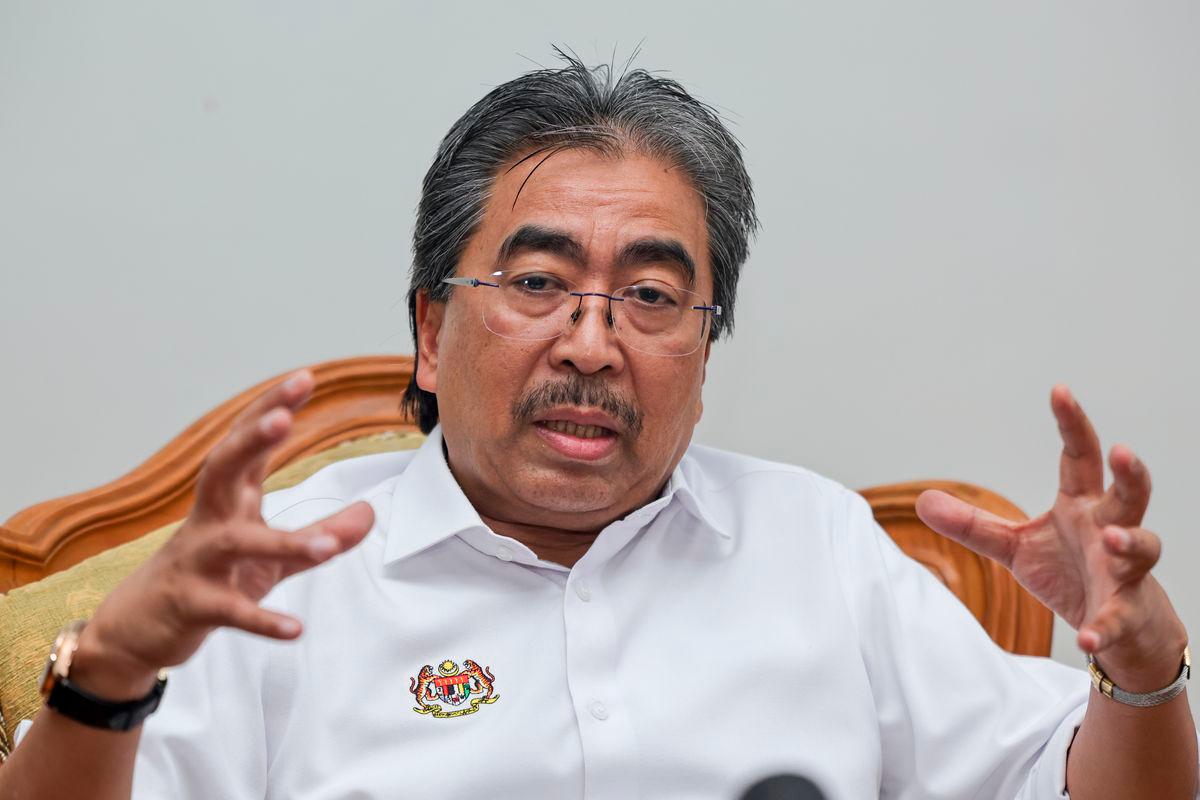BANGI: The Ministry of Plantation and Commodities has instructed for an immediate engagement session with palm oil industry players following concerns over the implementation of a five per cent Sales and Service Tax (SST) on the oleochemical sector starting next month.
Its Minister, Datuk Seri Johari Abdul Ghani, said that the ministry needs to obtain direct feedback from companies that are genuinely involved in the palm oil industry chain, particularly in the milling, refining, and oleochemical sectors, to determine whether the tax implementation affects the industry’s competitiveness.
“I have instructed the ministry to engage with industry players. We want to know specifically which parts are affected. SST is a taxation system that has already been implemented in our country.
“When receiving significant negative feedback, I said we should not just react; instead, we need to engage with the industry to understand the impact. If it affects competitiveness, only then will we review it,” he told the media after officiating the Malaysian Palm Oil Board’s Technology Transfer Programme 2025 here today.
Johari stated that the ministry would only assess feedback from parties actively involved in the industry, rather than from outsiders who may lack a comprehensive understanding of operational realities and cost structures in the commodity sector.
“Sometimes, people who comment are not even involved in the industry. We need to talk to those on the ground ... who understand things from the milling stage, to refining, up to oleochemicals,” he said.
The minister clarified that the export of raw materials is not subject to sales tax.
“Raw materials exported are not subject to sales tax. When people claim the burden is increasing, some may not fully understand the situation. That is why we need to go to the ground and hear directly from them,” Johari emphasised.
He also said that no companies have formally applied for SST exemptions so far, and the ministry is open to reviewing reasonable cases if they directly affect the competitiveness of the national palm oil sector.
CIMB Securities recently reported that Malaysia’s oleochemical sector could face increased input costs starting July 1, as palm kernel oil, previously exempted from the SST, will now be subject to a five per cent sales tax.
The firm said the revised tax also applies to refined, bleached, and deodorised (RBD) palm kernel oil and palm kernel shell, which have been reclassified under the expanded SST framework, affecting 4,800 Harmonised System Codes (HS).
Every product that is bought, sold or shipped across borders is assigned an HS code. These codes are internationally standardised codes to classify traded products.
Earlier in his speech, Johari said that the oleochemical sector accounts for approximately 24 per cent of the export value of Malaysia’s palm oil products, amounting to RM27.5 billion in 2024.









